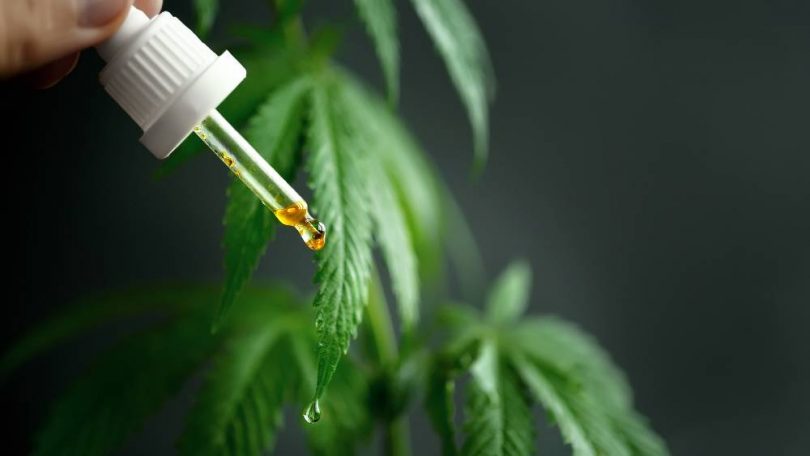You can find cannabidiol (CBD) in food, drinks and beauty products. Even some pet treats are now infused with CBD.
But what is CBD? And how does it affect your body and brain? Let’s find out.
What Is CBD?
CBD is a compound found in cannabis or hemp plants. It belongs to a class of terpenophenolic compounds called cannabinoids, found just in cannabis plants. Other popular cannabinoids include THC (tetrahydrocannabinol) and CBN (cannabinol) among others.
Patients and medical researchers are especially interested in CBD because of its health promoting benefits without unwanted side effects.
CBD and the Brain and Body
CBD affects you because of your endocannabinoid system, an internal system of receptors studded throughout your body. These receptors respond to both the natural endocannabinoids created by your own cells and the external cannabinoids found in cannabis plants.
Unlike THC, the cannabinoid that gets you “high,” CBD is completely non-intoxicating. Its value is found in subtler effects.
Anxiety
CBD is often touted as an anti-anxiety treatment. A study published in Neurotherapeutics found that “current evidence indicates CBD has considerable potential as a treatment for multiple anxiety disorders…” [1]
Pain
The opioid downsides and the tendency to need increasing higher doses to elicit the same theraputic effect have led to an increased focus on alternative pain remedies. CBD’s efficacy as analgesic for acute pain is doubtful, but multiple studies indicate that the compound could help mitigate chronic pain. CBD combined with THC is especially helpful.
Inflammation
Clinical studies confirmed that CBD reduces inflammations and pro-inflammatory cytokines formation. The combination of CBD together with other cannabinoids such as cannabigerol (CBG) have been proven to exhibit anti-inflammatory activity. More studies have to be done to highlight the lower effective doses among other pharmacokinetic and pharmacodynamic parameters.
References:
[1] Blessing, Esther M et al. “Cannabidiol as a Potential Treatment for Anxiety Disorders.” Neurotherapeutics : the journal of the American Society for Experimental NeuroTherapeutics vol. 12,4 (2015): 825-36. doi:10.1007/s13311-015-0387-1 [Journal Impact factor =7.620] [Times cited= 536]
Image: https://www.bigstockphoto.com/it/image-416790043/stock-photo-dropper-with-hemp-oil-in-the-doctors-hands-with-cbd-cannabidiol-next-to-the-cannabis-leaf-and-drop-o










